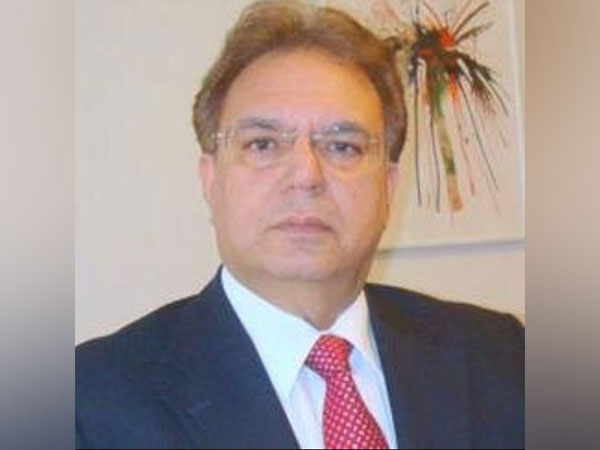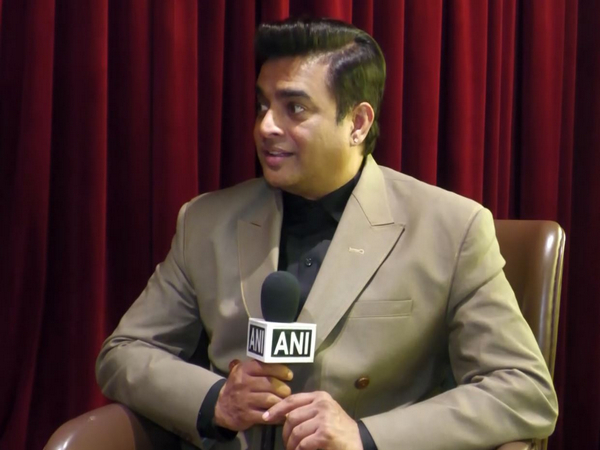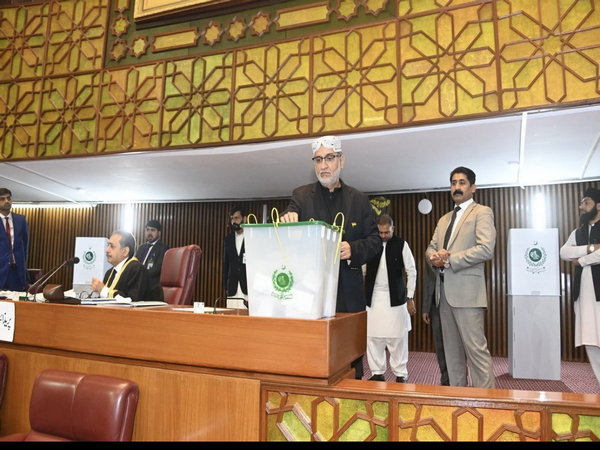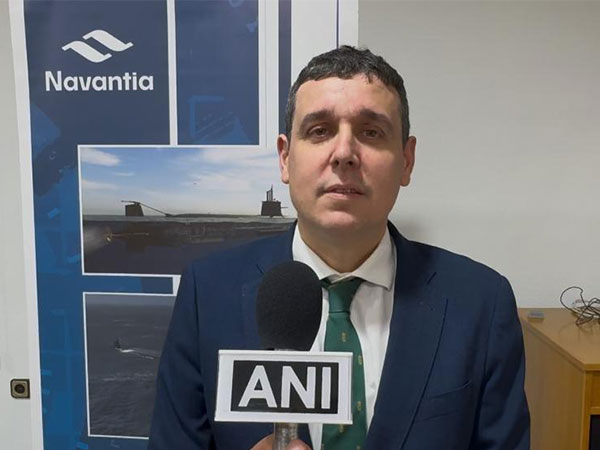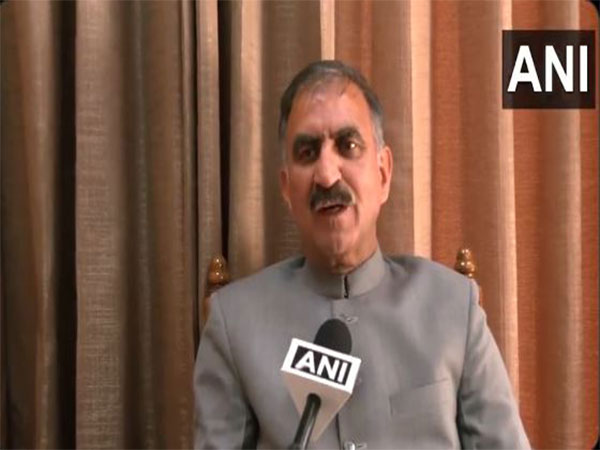London [UK], November 26 (ANI): The United Kashmir National People’s Party (UKPNP) has called on the Pakistan-occupied Jammu and Kashmir (PoJK) government to immediately repeal the presidential ordinance that requires individuals to obtain permission from the administration in order to hold any public protest.
The demand was made during a gathering held in London on Monday, where party members gathered to pay tribute to party leader Sardar Altaf Khan.
During the event, UKPNP Chairman Sardar Shaukat Ali Kashmiri strongly condemned the ongoing crackdown on political activists and nationalist leaders in PoJK. He called for an immediate end to the suppression of these activists, specifically demanding the release of Ali Shamraiz, a leader from the UKPNP’s student wing, who has been detained by the authorities.
Kashmiri stated that the UKPNP would not stand silent in the face of such repression, emphasising that Kashmiri communities across the globe would not tolerate the crackdown. He announced plans for widespread protests in front of Pakistani embassies worldwide in solidarity with Shamraiz and other political detainees. “We will not surrender,” Kashmiri declared, affirming that the movement for the rights of Kashmiris would continue unabated.
In addition to protesting the detention of activists, Kashmiri also demanded the repeal of the Act of 1974, a payment of water royalties owed by Islamabad to Muzaffarabad, and an end to the interference of Pakistan’s establishment in the internal affairs of the disputed region.
The gathering also featured remarks from UKPNP Secretary General Raja Sarfraz, party Foreign Affairs Secretary Faria Attique, and several other key figures, all of whom reiterated the party’s commitment to the struggle for the political and civil rights of the Kashmiri people.
The region of PoJK has increasingly faced concerns over restrictions on freedom of expression, particularly regarding political and social dissent. In recent years, individuals, media outlets, and political activists who criticise the government or ruling authorities have been subjected to harassment, intimidation, and even legal action. These crackdowns typically involve heightened surveillance, arrests, and censorship of media that challenge the government’s stance on key issues such as governance, human rights, and the political status of the region.
Political activists and opposition groups, particularly those advocating for greater autonomy or highlighting human rights violations, often find themselves under significant pressure. Their activities are closely monitored, and they may face legal or extrajudicial repercussions. Furthermore, this suppression extends to curbing the freedom of speech and limiting the activities of civil society organisations, which play a critical role in holding the government accountable. (ANI)
Disclaimer: This story is auto-generated from a syndicated feed of ANI; only the image & headline may have been reworked by News Services Division of World News Network Inc Ltd and Palghar News and Pune News and World News
HINDI, MARATHI, GUJARATI, TAMIL, TELUGU, BENGALI, KANNADA, ORIYA, PUNJABI, URDU, MALAYALAM
For more details and packages



